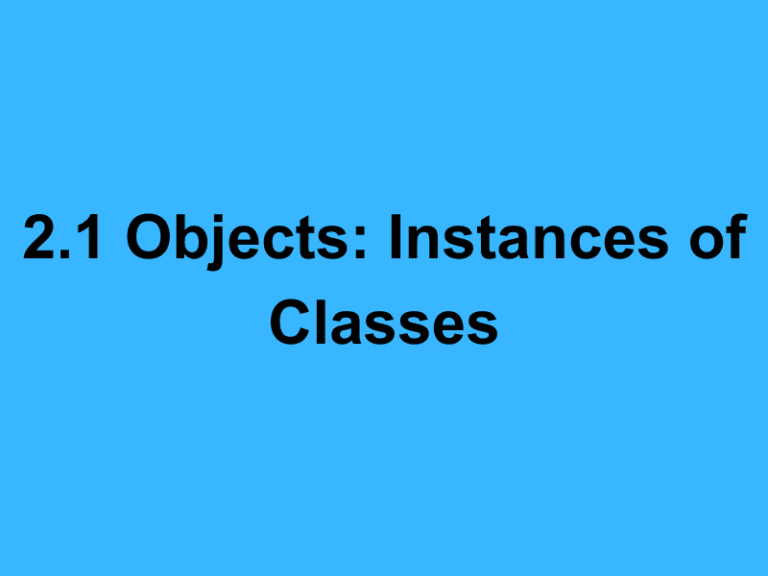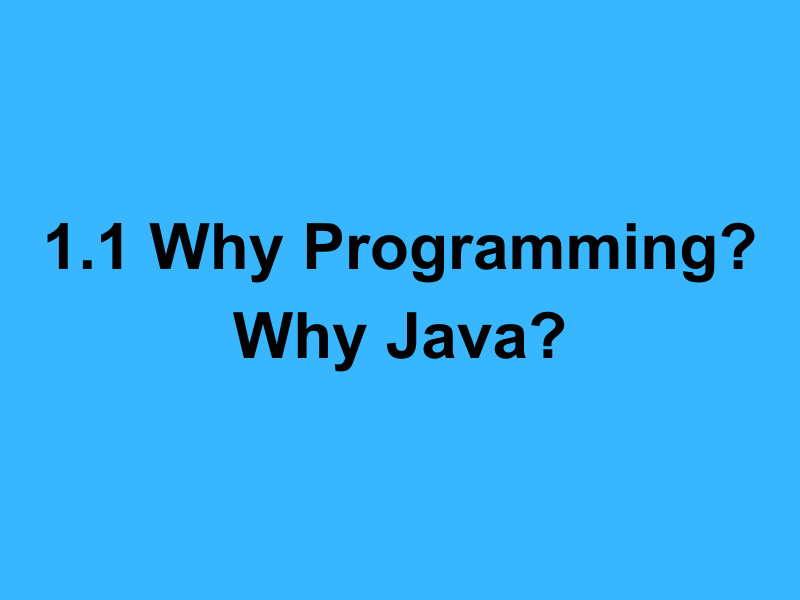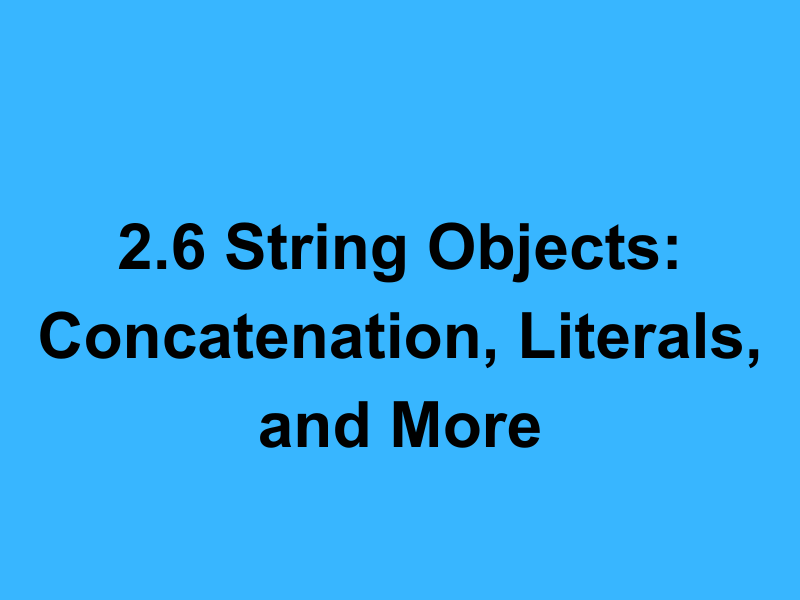In object-oriented programming (OOP), particularly in Java, objects are the foundational building blocks. Understanding objects and how they are instances of classes is crucial for developing robust and scalable software applications.
What is an Object?
An object is a runtime entity that represents an instance of a class. It encapsulates state (attributes or properties) and behavior (methods or functions) that operate on the state. The state of an object is stored in fields (variables), while the behavior is defined by methods.
Objects are created from classes, and a class can be thought of as a blueprint or template that describes the state and behavior that the objects of the class all share. An object is an instance of a class.
Creating Objects in Java
To create an object in Java, you use the new keyword followed by the class name and parentheses. The class name specifies the type of object to create, and the parentheses invoke the class’s constructor, which initializes the new object.
ClassName objectName = new ClassName();
Example:
Suppose we have a simple class named Car. This class defines two fields (state) for color and speed, and it defines a method (behavior) to display the car’s attributes.
public class Car { String color;
int speed;
public void displayAttributes() { System.out.println("Color: " + color + ", Speed: " + speed);
}
}To create a Car object and use it:
public class TestCar {
public static void main(String[] args) {
// Create a Car object
Car myCar = new Car();
// Set the fields
myCar.color = "Red";
myCar.speed = 100;
// Call the method
myCar.displayAttributes();
}
}
Characteristics of Objects
- Identity: Each object has a unique identity, even if two objects have identical states.
- State: Defined by the attributes of an object and stored in fields.
- Behavior: The functionality that objects can perform, defined by methods.
- Encapsulation: Objects encapsulate and hide their internal state; outside entities access an object’s state through its methods.
Importance of Objects in OOP
Objects are central to OOP because they enable programmers to create modular, reusable, and maintainable code. By modeling real-world entities as objects, developers can build software that is closer to how people perceive the world, making complex software easier to understand and manage.
Objects interact with each other through methods, creating a dynamic and flexible environment that can model complex systems with accuracy and efficiency. This approach to software development not only enhances productivity but also improves the quality of the software products.
In summary, objects as instances of classes are a fundamental concept in Java and OOP, enabling developers to create systems that are modular, extensible, and easy to maintain. Understanding how to define classes and instantiate objects is the first step towards mastering Java and object-oriented programming.
Frequently Asked Questions: Classes, Objects, and Instances
An **Object** is a concrete realization or instance of a class. It is a tangible entity created from the blueprint defined by the class. While the class defines *what* an object will look like and *what* it can do, the object represents a specific entity with actual data (values for the attributes).






